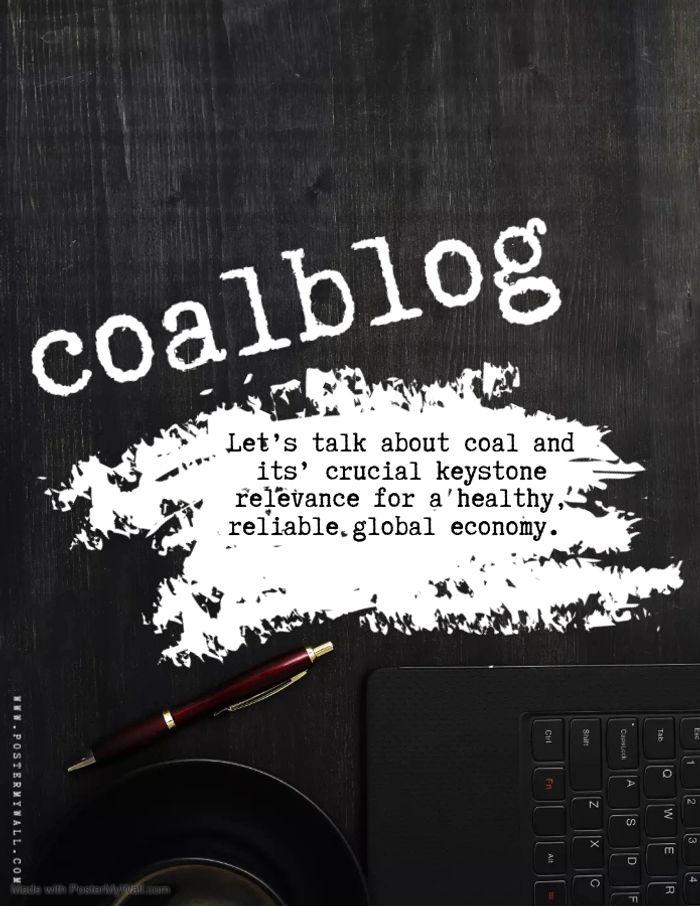Coalblog Coalblog Coalblog Coalblog Coalblog Coalblog Coalblog Coalblog Coalblog Coalblog Coalblog Coalblog Coalblog Coalblog Coalblog Coalblog Coalblog Coalblog Coalblog Coalblog Coalblog Coalblog Coalblog Coalblog Coalblog Coalblog Coalblog Coalblog Coalblog Coalblog Coalblog Coalblog Coalblog Coalblog Coalblog Coalblog Coalblog Coalblog Coalblog Coalblog Coalblog Coalblog Coalblog Coalblog Coalblog Coalblog Coalblog Coalblog Coalblog Coalblog Coalblog Coalblog Coalblog Coalblog Coalblog Coalblog Coalblog Coalblog Coalblog Coalblog Coalblog Coalblog Coalblog Coalblog Coalblog Coalblog Coalblog Coalblog Coalblog Coalblog Coalblog Coalblog Coalblog Coalblog Coalblog Coalblog Coalblog Coalblog Coalblog Coalblog Coalblog Coalblog Coalblog Coalblog Coalblog Coalblog Coalblog Coalblog Coalblog Coalblog Coalblog Coalblog Coalblog Coalblog Coalblog Coalblog Coalblog Coalblog Coalblog Coalblog Coalblog Coalblog Coalblog Coalblog Coalblog Coalblog Coalblog Coalblog Coalblog Coalblog Coalblog Coalblog Coalblog Coalblog Coalblog Coalblog Coalblog Coalblog Coalblog Coalblog Coalblog Coalblog Coalblog Coalblog Coalblog Coalblog Coalblog Coalblog Coalblog Coalblog Coalblog Coalblog Coalblog Coalblog Coalblog Coalblog Coalblog Coalblog Coalblog Coalblog Coalblog Coalblog Coalblog Coalblog Coalblog Coalblog Coalblog Coalblog Coalblog Coalblog Coalblog Coalblog Coalblog Coalblog Coalblog Coalblog Coalblog Coalblog Coalblog Coalblog Coalblog Coalblog Coalblog Coalblog Coalblog Coalblog Coalblog Coalblog Coalblog Coalblog Coalblog Coalblog Coalblog Coalblog Coalblog Coalblog Coalblog Coalblog
